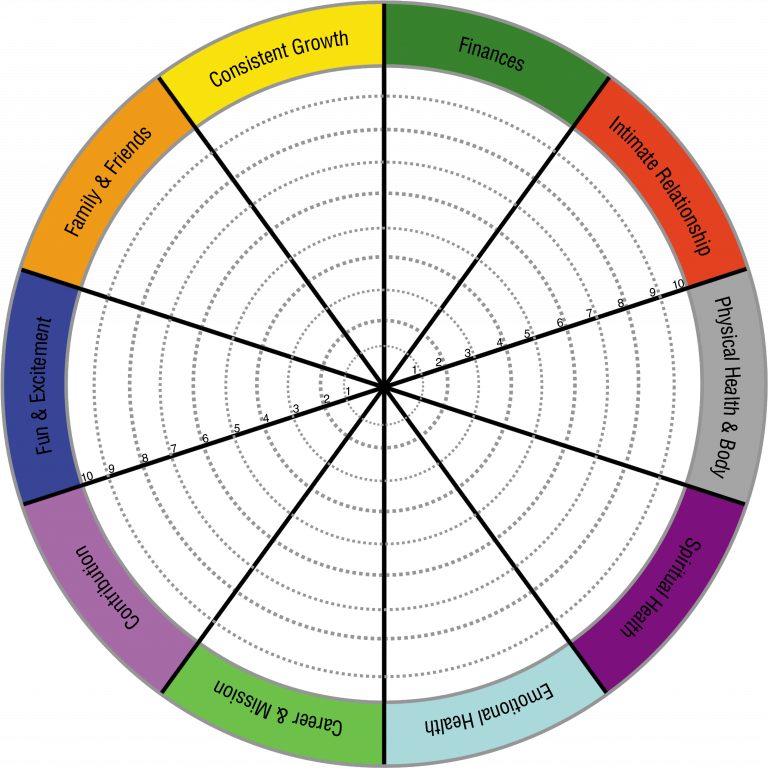Have you ever caught yourself whispering to yourself, “I will never succeed” or “I am not good enough”? If so, I understand what you’re going through. Negative self-talk is like a sneaky saboteur, whispering doubts and fears into your ear when you least expect it.
But here’s the kicker: these internal conversations have a profound impact on both your mindset and productivity. Let’s dive into how negative self-talk effects can be affecting you and what you can do about it.
The Sneaky Nature of Negative Self-Talk
Negative self-talk is that annoying inner critic that seems to pipe up at the worst possible moments. It’s those thoughts that undermine your confidence and make you second-guess your abilities. Think about it – have you ever been on the brink of a big presentation, only to hear a little voice saying, “You’re going to mess this up”? That’s negative self-talk in action.
The tricky part is that this inner dialogue often disguises itself as realism or self-protection. Your mind might think it’s keeping you safe from failure or disappointment, but in reality, it’s holding you back from growth and success.
Signs You’re Caught in the Negative Self-Talk Trap
Negative self-talk can wear many masks. Here are certain typical symptoms that might sound familiar:
Procrastination becomes your middle name: You find endless reasons to put off important tasks.
The perfectionist paralysis: Fear of not being perfect prevents you from taking action.
Comparison blues: You constantly measure yourself against others and come up short.
The “I can’t” mantra: “I can’t do this” becomes your go-to phrase before even trying.
Catastrophizing: You always imagine the worst-case scenario for every situation.
It is okay if you nodded in agreement with any of these. Finding these patterns must come before any change can be made.
The Ripple Effect on Your Mindset and Productivity
The negative self-talk effects on your mindset are profound. It’s like wearing a pair of distorted glasses—everything you see becomes tinted with doubt and pessimism. This negative lens can:
- Erode your self-confidence
- Increase stress and anxiety
- Limit your willingness to take risks or try new things
- Foster a fixed mindset, making you believe you can’t improve or grow
But it doesn’t stop there. Your productivity takes a hit too. When you’re constantly battling negative thoughts, you’re using up valuable mental energy that could be directed towards your work. This can lead to:
- Decreased focus and concentration
- Reduced motivation and drive
- Procrastination and task avoidance
- Lower quality of work due to self-doubt
Breaking Free: Transforming Your Inner Dialogue
The good news? You have the power to change this narrative. Here’s how you can start:
Catch yourself in the act: Notice when negative self-talk crops up.
Put those ideas to the test: Ask yourself, “Is this truly the case? What evidence do I have?”
Reframe negatives into positives: Turn “I can’t do this” into “I can learn to do this.”
Practice self-compassion: Treat yourself with the kindness you’d offer a friend.
Visualize success: Picture yourself overcoming obstacles and achieving your objectives.
You deserve to lead an extraordinary life because you are an extraordinary person. It is time to embrace the amazing future that awaits you.
Remember, the negative self-talk effects on your mindset and productivity are real, but they don’t have to define you. With awareness and practice, you can transform your inner dialogue and unlock your true potential. Start today


